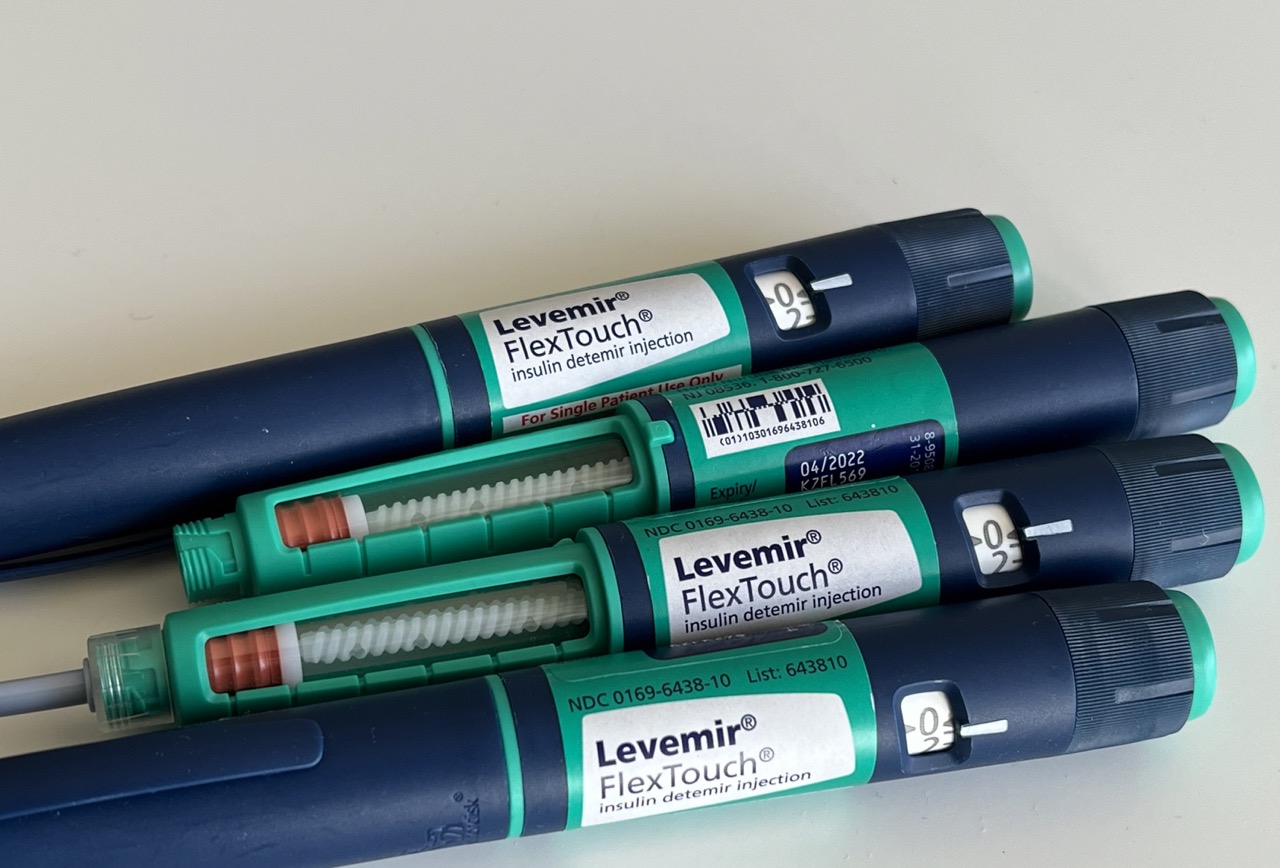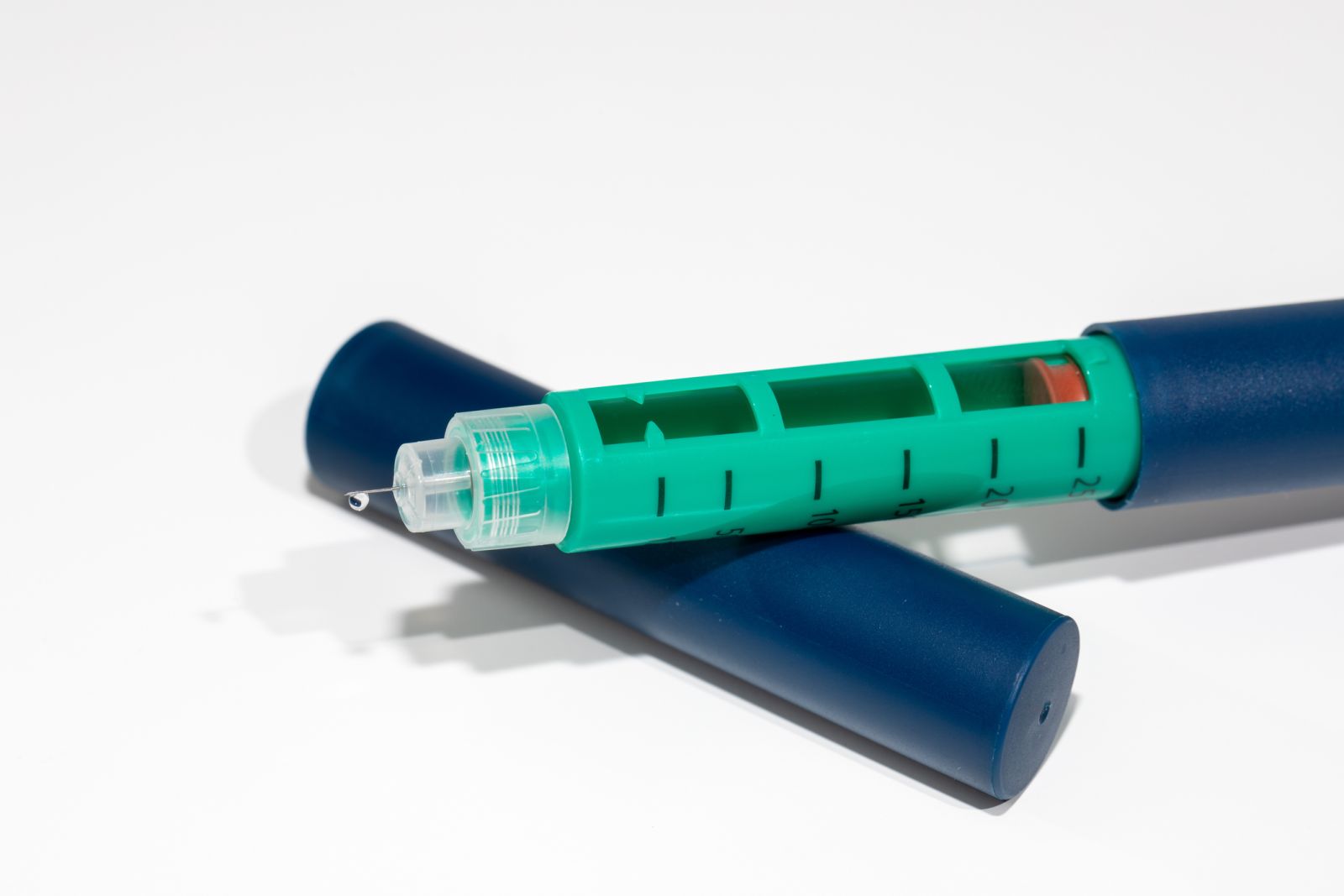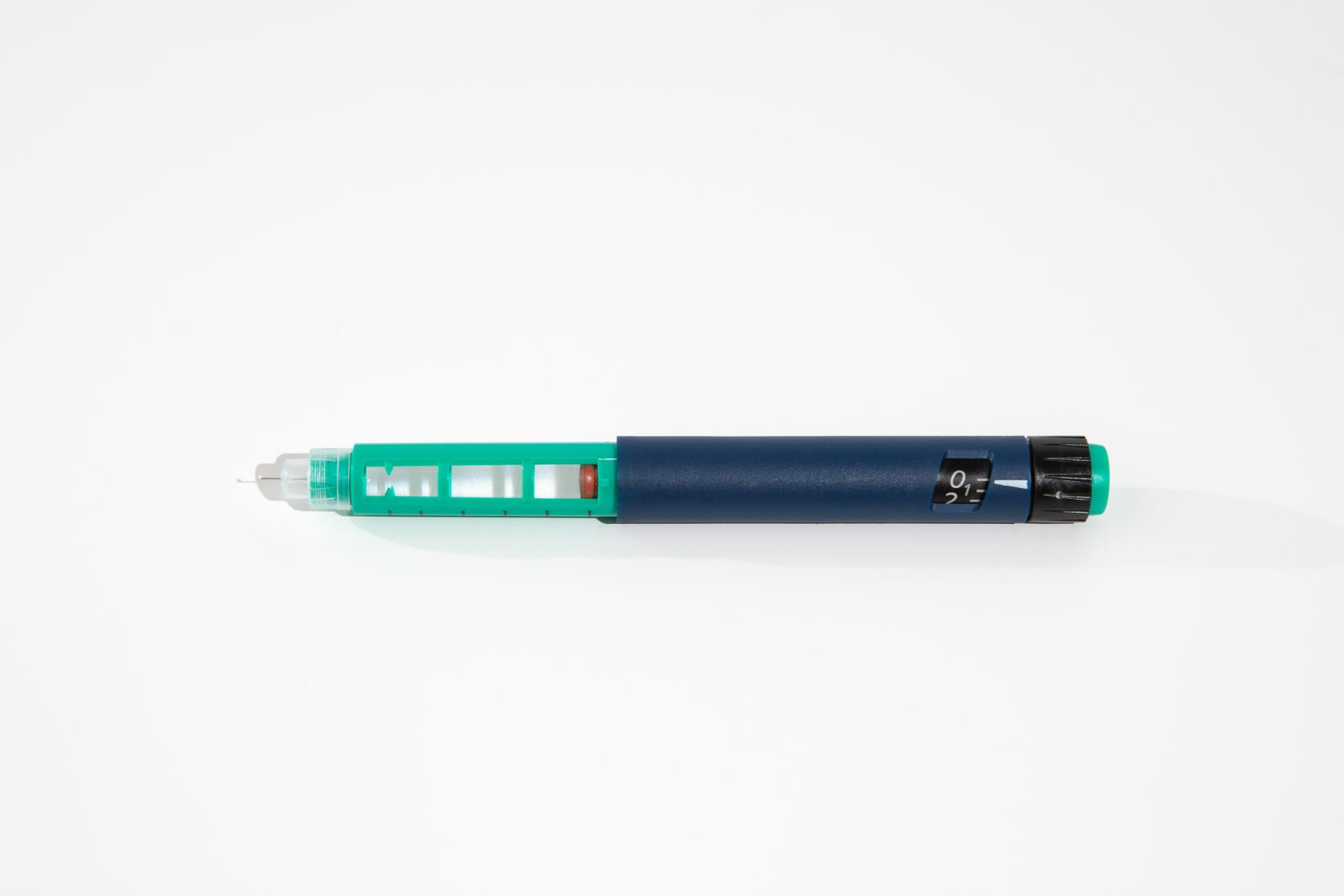Levemir, a Long-Acting Insulin, To Be Discontinued by Novo Nordisk
By Susannah Chen
 Levemir, a long-acting insulin for people with diabetes, will be discontinued by Novo Nordisk in 2024.
Levemir, a long-acting insulin for people with diabetes, will be discontinued by Novo Nordisk in 2024.
It’s the end of the production line for one of Novo Nordisk’s best selling products.
Levemir (insulin detemir), a long-acting basal insulin that is commonly used by people with diabetes on multiple daily injections of insulin, will be discontinued in the US in 2024, the company announced.
When will Levemir be discontinued?
According to Novo Nordisk, Levemir FlexPen, the injection pen version of insulin detemir, will likely face supply disruption starting in mid-January 2024, lasting up until the FlexPen’s discontinuation on April 1. Levemir in vials will no longer be available after Dec. 31, 2024. The company also warned of imminent shortages of Levemir due to supply chain issues.
Why is Levemir being discontinued?
Novo Nordisk has said that it will discontinue Levemir in the States by the end of next year “due to global manufacturing constraints, formulary losses impacting patient access, and the availability of alternative options.”
This news comes just months after Novo Nordisk announced plans in March to cut insulin prices by as much as 75% beginning Jan. 1. Novo’s plan for price cuts was announced shortly after competitor Eli Lilly announced it would be capping insulin costs at $35 per month amidst mounting pressure from lawmakers as Americans struggle to afford insulin.
“We made this decision after careful consideration, and are confident that patients will be able to access alternative treatments in the US,” the company said in the statement, along with a recommendation that healthcare providers discuss treatment options with their patients in advance of discontinuation.
Levemir vs. Tresiba: What’s the difference?
Levemir, which was originally approved in 2005, is considered a long-acting insulin analogue: It begins working within 1-2 hours and continues to be active for up to 24 hours, providing a broad plateau of effect for part of the day. Some patients are prescribed twice-daily dosing of Levemir (once in the morning, once in the evening). Levemir is also currently the only long-acting insulin approved for pregnancy in the United States. (Insulin glargine is another long-acting insulin sold under the names Lantus and Basaglar.)

In 2015, another Novo Nordisk product, Tresiba (insulin degludec), received regulatory approval, paving the way for a new long-acting basal insulin injected only once daily. With Tresiba's 42-hour duration, patients need to inject Tresiba only once per day and also have the option of changing dose timing from one day to another if needed.
With Tresiba offering less frequent dosing for many as well as fewer severe hypoglycemic episodes when compared to other basal insulins, Levemir, once the company’s second-best-selling diabetes drug, lost sizable market share. In the second half of 2022, sales of Tresiba surpassed sales of Levemir.
The bottom line: What to know about Levemir being discontinued
 As newer, better-performing basal insulins enter the market – this includes the company’s own Tresiba, as well as the expected availability of once-weekly insulins in the future – older generation products, such as those that are injected twice daily, are in line to be phased out.
As newer, better-performing basal insulins enter the market – this includes the company’s own Tresiba, as well as the expected availability of once-weekly insulins in the future – older generation products, such as those that are injected twice daily, are in line to be phased out.
Levemir represents a sizable portion of the basal insulin market (it generated $649 million in revenue in 2022 alone). As a commonly used basal insulin that people with diabetes rely on to manage their blood sugar, its discontinuation – particularly near the onset of a significant price cut – is likely to affect consumers, reducing access to medications for many.
Dr. Philip Home, Emeritus Professor of Diabetes Medicine at Newcastle University and a member of diaTribe’s medical advisory board, cited production concerns as a potential driver for the decision.
“Novo Nordisk has production problems at present for semaglutide,” he said, adding: “Levemir is particularly expensive on manufacturing resource as each dose unit has four times as much insulin molecule as other insulins; the bioavailability of this insulin formulation is very low. Stopping production may speculatively be a way to free up production resources for semaglutide, directly or indirectly.”
What to do if you’re currently taking Levemir
If you’re currently prescribed Levemir, talk to your healthcare provider about other long-acting insulin options. There may be other basal insulin options on your formulary if you have insurance; if not, talk to your provider about other long-acting insulin options that may be covered by recent price cuts.
Photo credits: Susannah Chen (top); iStock (bottom photos)








